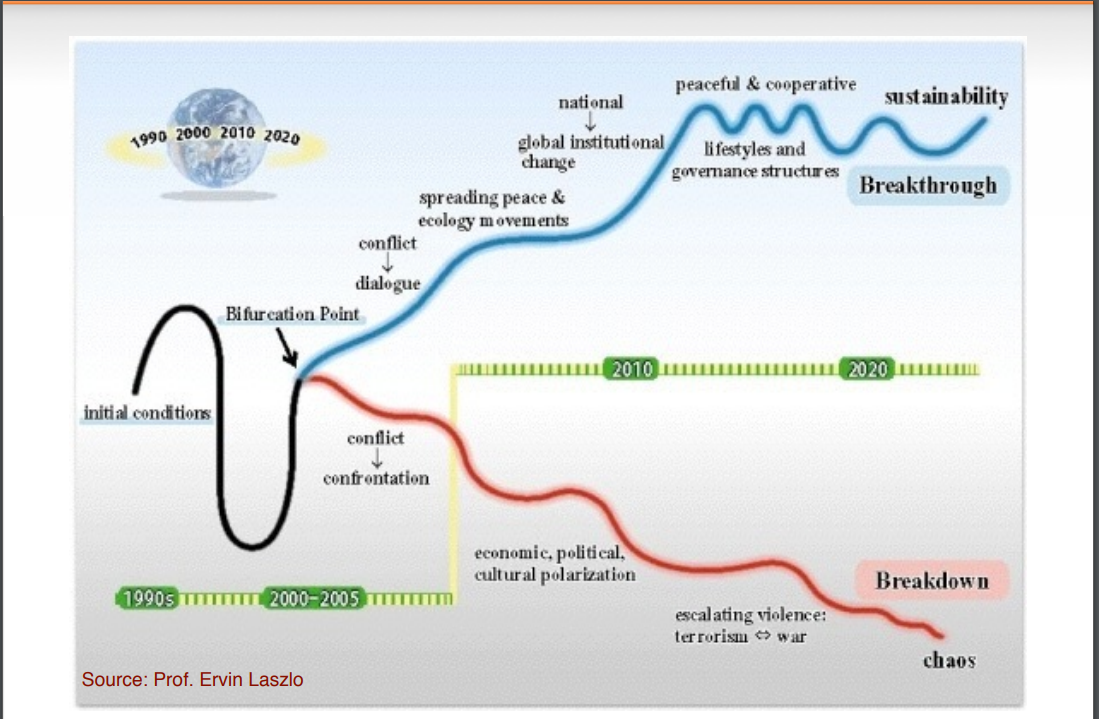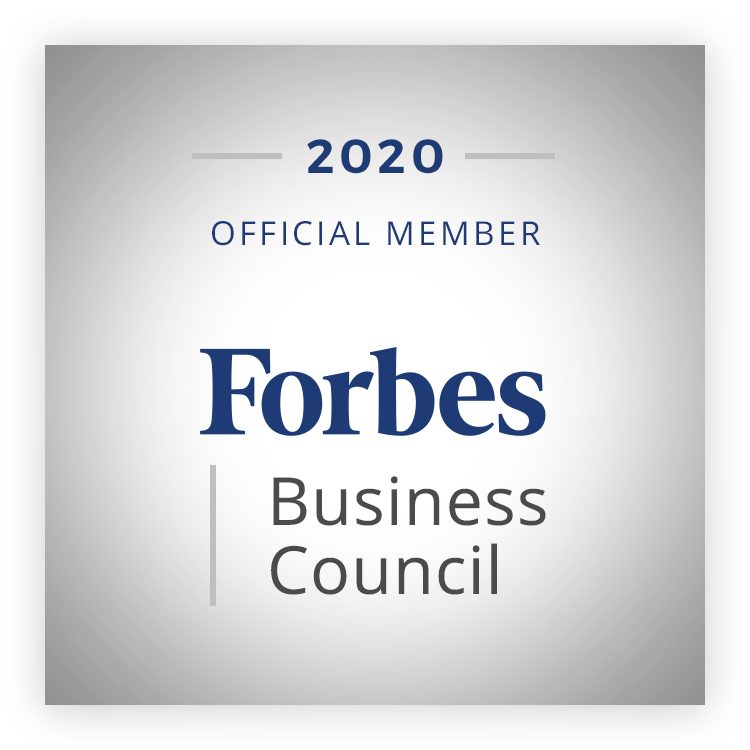“Conflict” is a dreaded word in many social and organizational settings. Working as an organizational change management consultant and coach, I commonly need to address conflict in the workplace in order for change to be implemented. Often, conflicts are deep-seated issues and resentments that have been festering for years, between teams who have not succeeded in truly collaborating with one another for one reason or another.
Conflict and the Amygdala
Conflict most often results in one of the three neurological responses:
- The flight response — withdrawing from the situation without expressing inner emotions to avoid further conflict/pain;
- The fight response — lashing out with anger and defensiveness;
- The freeze response — basically, no response at all: where your neural circuits freeze from the appearance of a threat, rendering you momentarily unable to do or say anything rational or constructive.
These responses are modulated by the amygdala, or the reptilian parts of our brains. In the face of conflict, most people employ one of the three (unhealthy) responses listed above. They might then aim to put a bandaid on the situation by either avoiding the topic of conflict(sometimes offering a superficial apology) – or avoiding the person altogether. These strategies take them out of the supposed ”danger zone” quickly — but they do little to solve any of the problems at their core.
For most modern-day interpersonal conflict, the fight, flight, and freeze responses are not appropriate or helpful. That is why I think one of the most important and valuable lessons we can learn is how to face conflict with empathy and creativity.

In order to effectively manage conflict, how about we try to reframe our entire view of it?
The 3 Mindset Shifts for Dealing with Conflict at Work
To succeed in conflict requires 3 fundamental shifts in the way we think. I work with clients to produce these 3 key mindset shifts:
1. The situation is the problem, the other party is my partner in trying to solve the problem. The objective truth is, despite our differences, we actually have more in common with other people than different. There is no reason to view the other party as an enemy or adversary due to a difference in opinion or outlook. He/she also has the basic human needs of happiness, community, personal goals, and desires that make sense based on his/her life experiences.
Reminding the party you’re in conflict with that you respect them can be an important first step, and a primer for solving the conflict successfully.
2. Conflict is not actually dangerous in most cases— rather, it is an opportunity to uncover value. We have to suppress the amygdala, the unconscious, primal part of our brains that tells us that if someone disagrees with us, it is equivalent to a physical threat to our lives and we need to run. In fact, if we address the conflict and try to really understand it at its root, we have a better chance of learning more information that can help us come up with a mutually beneficial solution.
3. I have a part, big or small, in co-creating the conflict. Navigating through the conflict requires some mental flexibility and humility. We need to be open to the possibility that we may be wrong in some ways, and the other person may be wrong in other ways. There may be things we don’t know that would change our opinion, and the same goes for the other person. Empathetic conversation offers the space to uncover those pieces of information that are vital to reaching a shared understanding.
Reaping the Gifts of Conflict in the Workplace
People are very different. Every person has a completely unique combination of character traits, priorities, work styles, and life experiences. This diversity makes our world rich and valuable by offering different perspectives, different approaches to life and to solving problems.
If we relegate ourselves to only being around those who are similar to us, and/or conforming ourselves to the standards of those around us(both essentially the same thing), we may live comfortably, but we will fall short of achieving greatness, by failing to learn from those who are different. Conflict is a gift because it gives us the opportunity to learn about ourselves, and also to broaden our minds to someone else’s perspective. This has been proven to me time and time again as a coach, and as a human being.
We must also remember that the amygdala is a strong force and thus, we need to forgive ourselves if we make mistakes in conflict. Fight, flight, and freeze are hard-wired into us, and it does take quite a bit of energy to bypass these reactions and choose a more productive route. It takes intention and practice to get better and better at how we face conflict, so we need to be patient with ourselves (and apologize when we make mistakes!)
Remember, conflict is a natural occurrence, and it also serves an important purpose in our organizations. I believe its purpose is to uncover creative and valuable solutions to problems, for those who are brave enough to delve into it with empathy and self-awareness. For those who have the stamina to not give up even when it gets hard. I believe true courage is being able to face conflict in the eye, with the intention to learn and grow from it.


